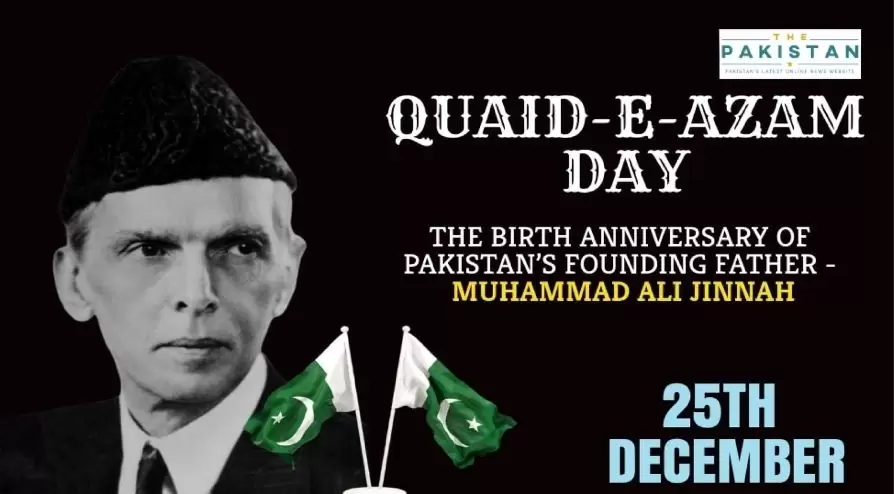
Remembering Quaid-e-Azam: The Founder Of Pakistan
Today — December 25 — marks the 145th birth anniversary of Pakistan Quaid-e-Azam Mohammad Ali Jinnah and Pakistanis across the world are paying their homage to the leader.
Prime Minister Imran Khan said that: On this eventful day when Quaid-e-Azam Muhammad Ali Jinnah was born, a proud nation was destined to come into being. I feel blessed to have opened my eyes in a free environment bestowed upon us by God through his chosen personality who was none other but our beloved Quaid. He had a vision for the Muslims of the subcontinent which got translated into the shape of Pakistan. Therefore, there is no other pleasure more real to us as a nation than the commemoration of his birthday.
He further added that: as a prime representative of the whole nation, I owe immense gratitude, love, and devotion towards my beloved leader Quaid-e-Azam Muhammad Ali Jinnah. In the modern history of mankind, there are a few people who garnered such wide popularity as our Quaid did. His determination to carve a nation out of chaos and relentless deprivation was miraculous and insuperable against all odds and challenges.
Let’s now look at some of the Quaid-e-Azam’s most-famous quotes.
“There is no power in the world that can undo Pakistan.”
“There are two powers in the world; one is the sword and the other is the pen. There is great competition and rivalry between the two. There is a third power stronger than both, that of the women.”
Stanley Wolpert, who wrote a biography on Jinnah said that “Few individuals significantly alter the course of history. Fewer still modify the map of the world. Hardly anyone can be credited with creating a nation-state. Mohammad Ali Jinnah did all three.”
Jinnah was a champion of minority rights. Right after the country’s creation, he said that “You are free; you are free to go to your temples. You are free to go to your mosques or to any other places of worship in this State of Pakistan. You may belong to any religion, caste or creed—that has nothing to do with the business of the state.”



